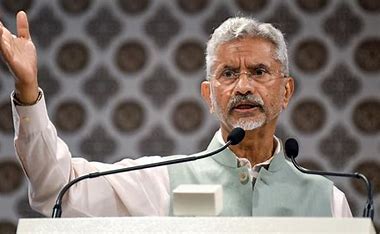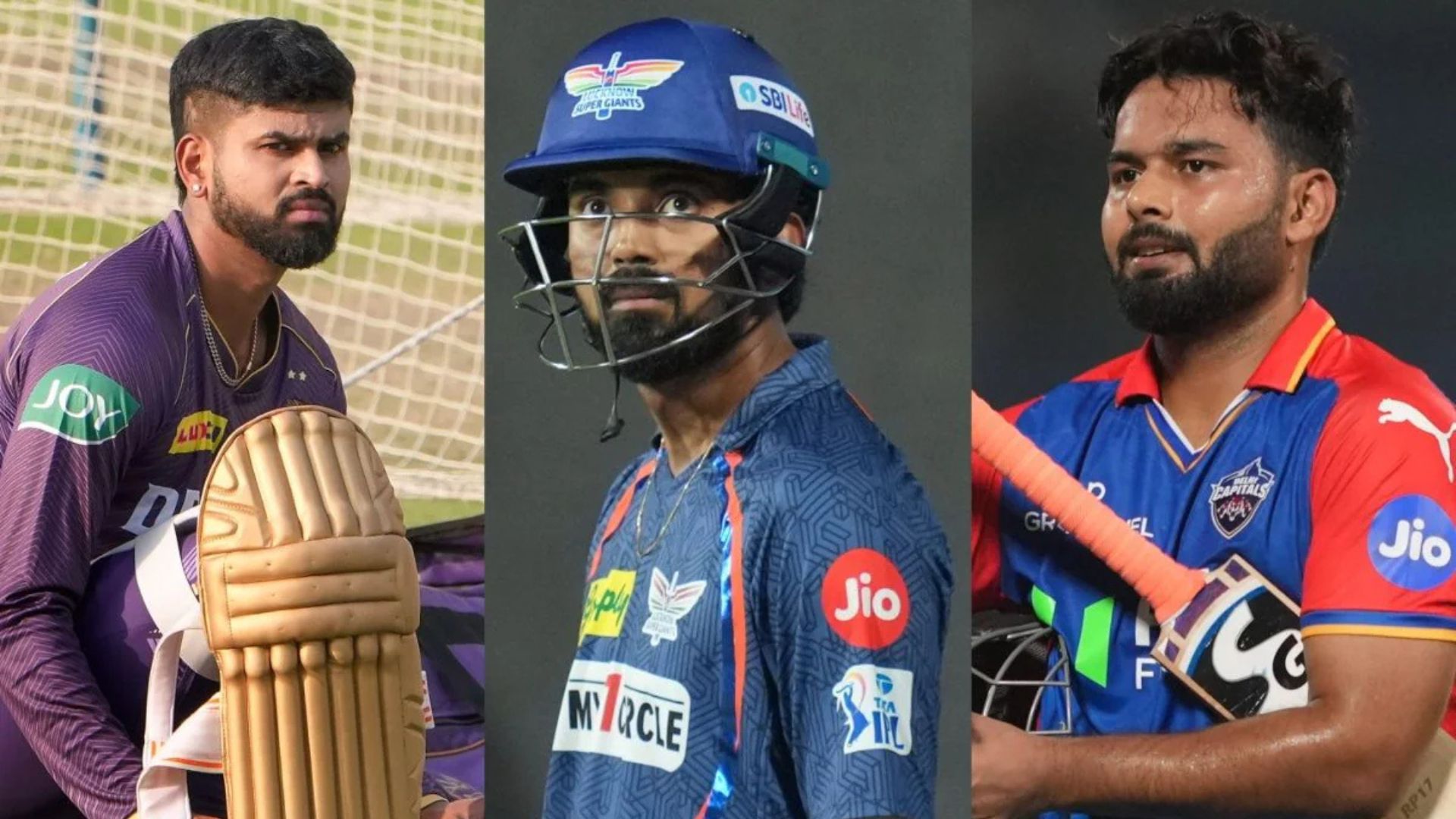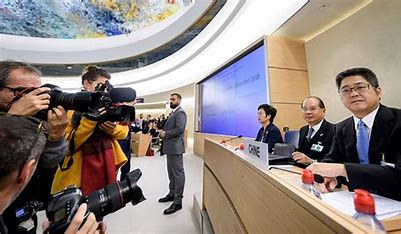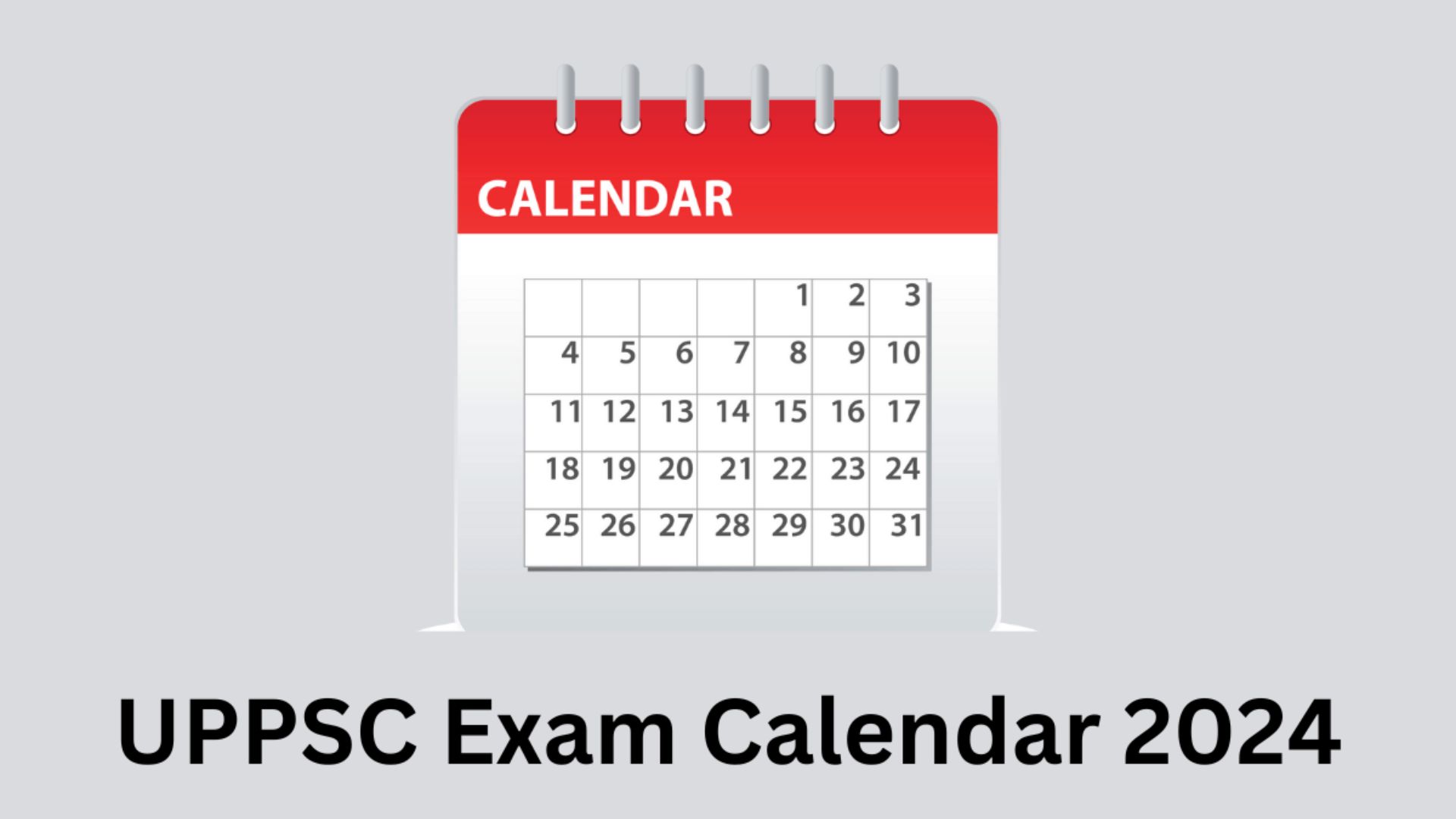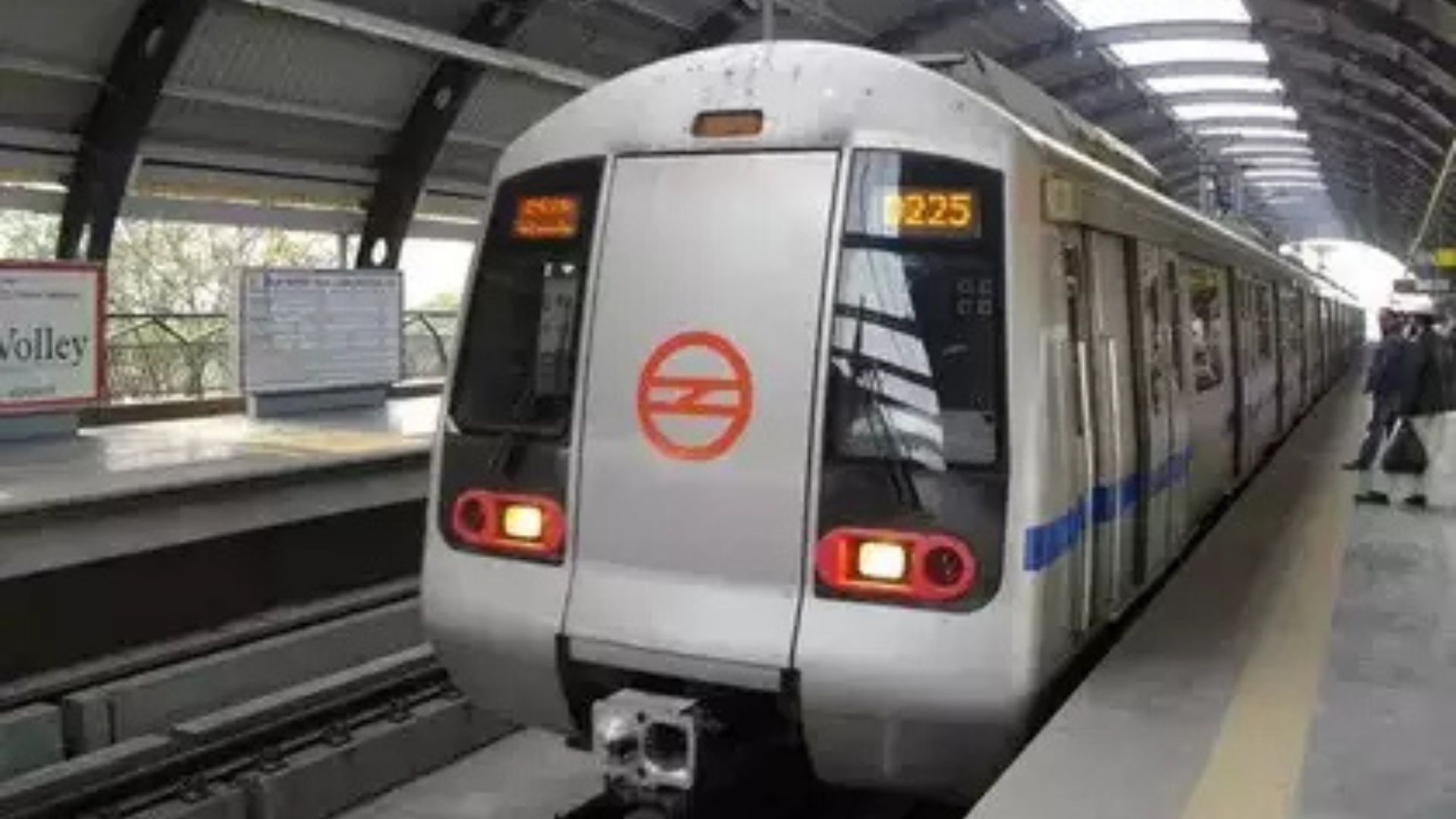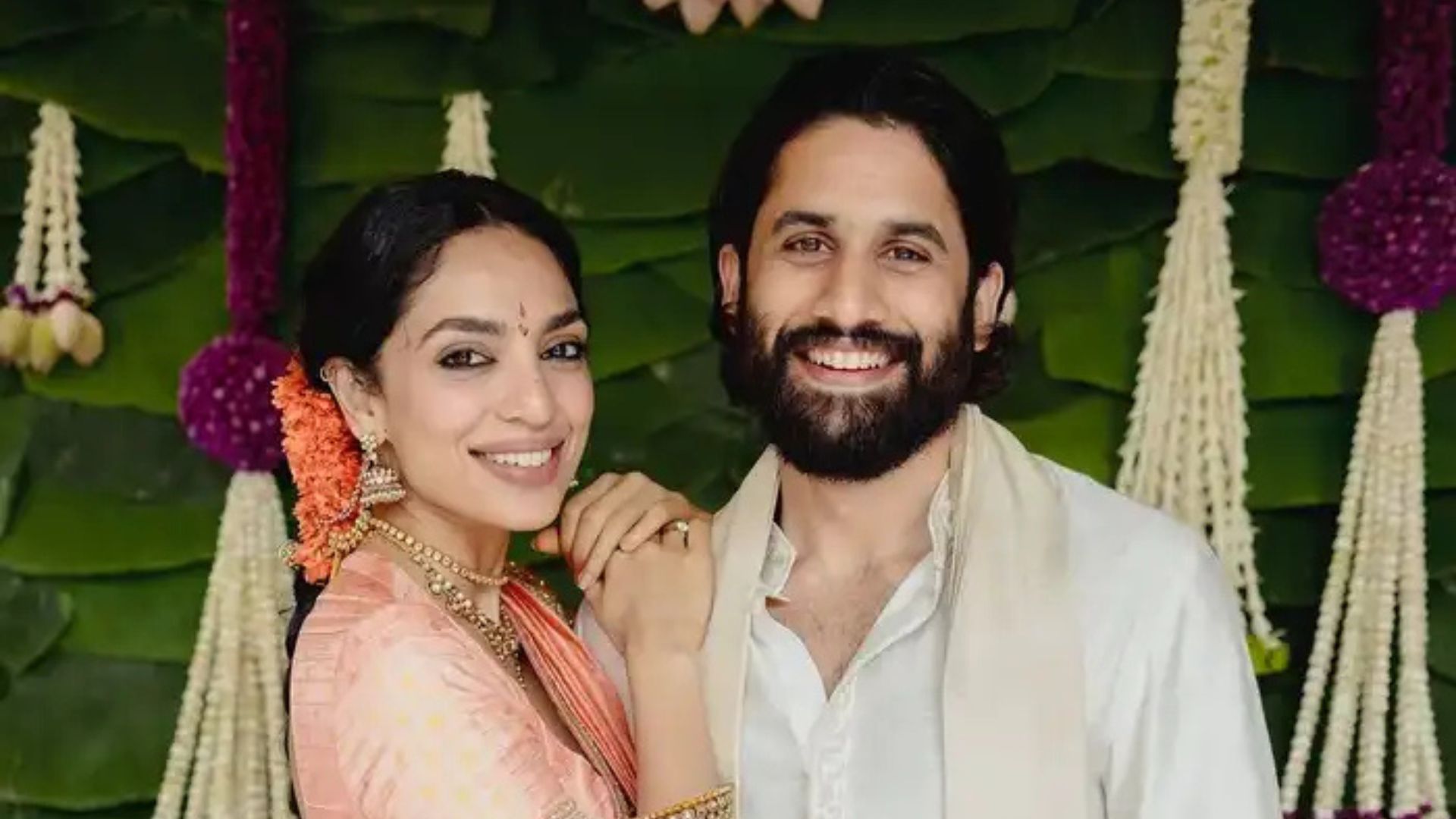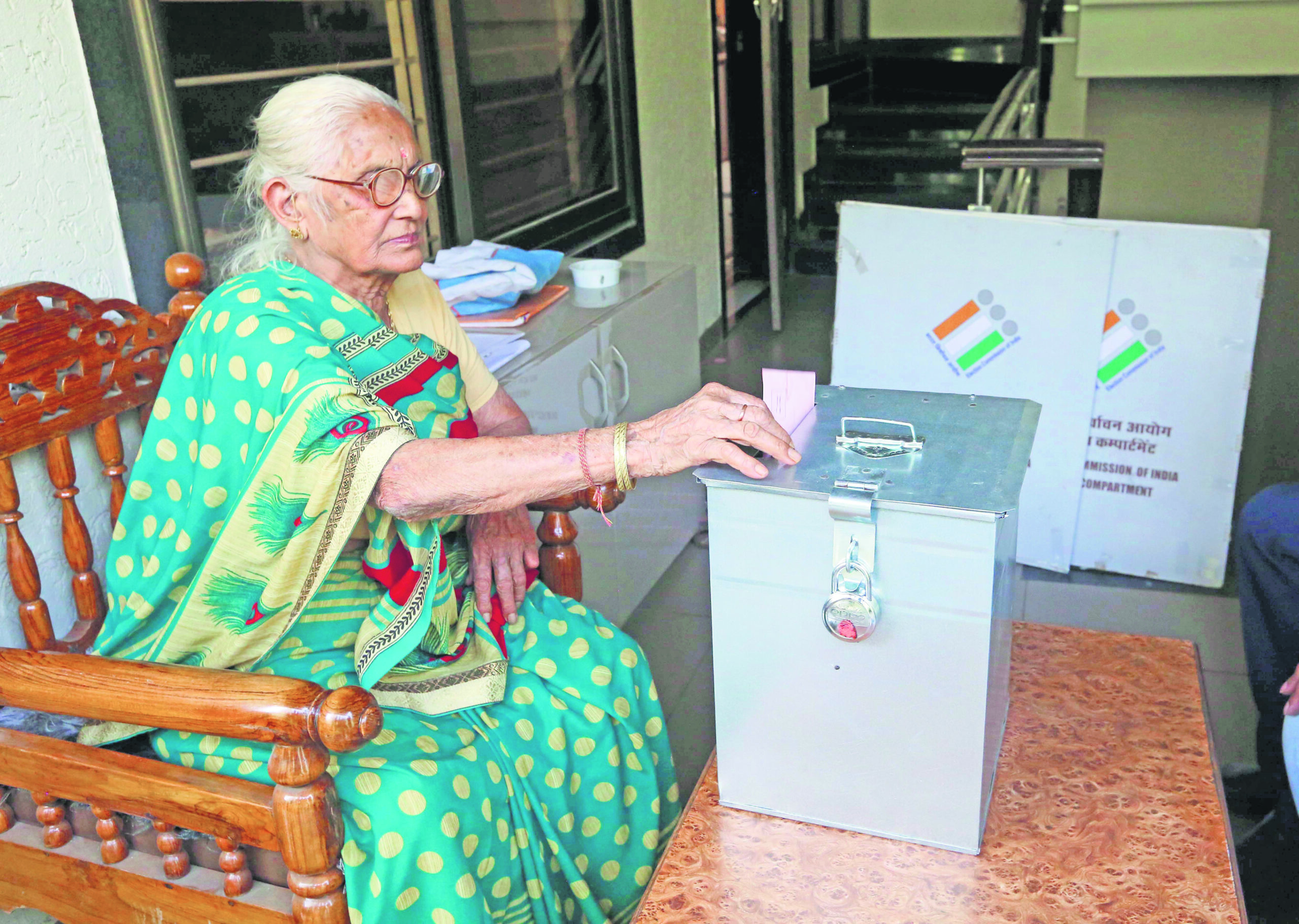
Election plays a significant role in establishing democracy in any country. It is a process through which the people’s representatives are chosen by the people to represent them and ensure their development. In India, elections have been a crucial means of choosing representatives and fulfilling the needs of the people since 1947.
It is a way for political parties to showcase their power and their commitment to serving the people. However, it is important to consider different approaches to holding elections, like the ONOE system, which proposes a unique approach to ensure a stable administrative system. Nonetheless, it is essential to weigh the potential drawbacks and challenges before implementing such a system.
Before 1st September 2023 One Nation, One Election (ONOE) was just a policy of the Central Government under the leadership of Narendra Modi. But on 1st September 2023, the central government established the panel for One Nation One Election’s practical impact on society under the guidance of Former President Mr. Ram Nath Kovind.
I believe that the ONOE system proposes a unique approach to holding elections. By having the election of both Lok Sabha and State Assemblies occur once every five years, it could potentially remove the need for central and state elections, leading to a more stable administrative system. However, it is important to consider the potential drawbacks and challenges that may arise from implementing such a system.
This idea is not new to the country, earlier when the nation just got independence this rule was followed but it was stuck down by the central government due to the enforcement of the President’s Rule over Kerala in the year 1969, and other state assemblies’ dissolution simultaneously. This disruption led to the dissolution of the House of People in 1970. The result was that the concept of a One Nation One Election was disrupted totally.
In the year 2018, the Law Commission submitted a draft on the same issue with a different name it was named “Simultaneous Elections”. According to the Law Commission this concept of ONOE is feasible in the country because of the application of this policy there will be less financial imposition on the Election Commission of India in terms of services provided by security officers like the Police Department, and Central Armed Police Forces expenses.
ONOE will also decrease the disturbance in the education procedure of government schools or government colleges and it will be less burden on the government officers who work in election duty. These types of interruptions are usually caused by elections that are held at different times. Simultaneous election-holding is therefore preferable.
Since the policy of simultaneous elections cannot be implemented within the current parameters of the constitution, some crucial adjustments are necessary. According to Article 83 of the Constitution, we must specify the length of each House of Parliament and its tenure. According to Article 85 of the Constitution, prorogations and dissolutions of Parliamentary sessions must follow certain rules and cannot be done for unclear or nebulous grounds. Duration of the state legislature, according to Article 172 of the Constitution. Parliamentary sessions, prorogations, and dissolution are covered in Article 174 of the Constitution.
As we all know every coin has two sides, the other side of ONOE is that it will lead to the development of the nation all over and economic expenses by the political parties which are unreasonable will also be finished. The time for the Election Commission and officials will also be saved and the burden on the government will also decrease. The economy will be in a good situation and that money will be used by the government for people’s welfare. The mode of policy conduct will also be more effective.
To sum up, we can say that the agenda has many positive welfare points for the people of India but the Central government has to take many steps to overshadow the difficulties related to this policy and it should not be done in a hurry.
Shambhawi Tiwari, Assistant Professor of School of Law and Legal Studies, Sanskriti University, Uttar Pradesh

